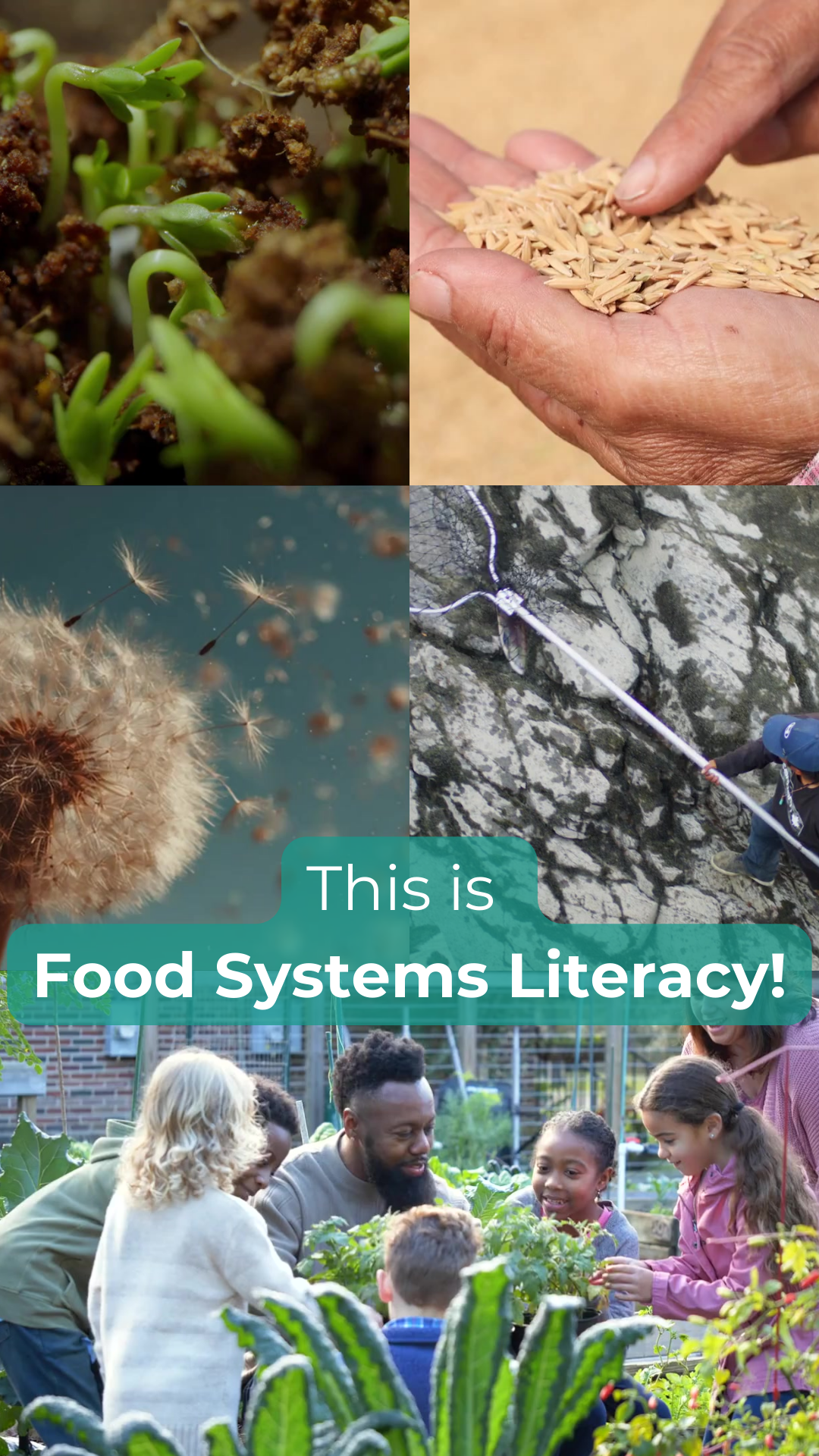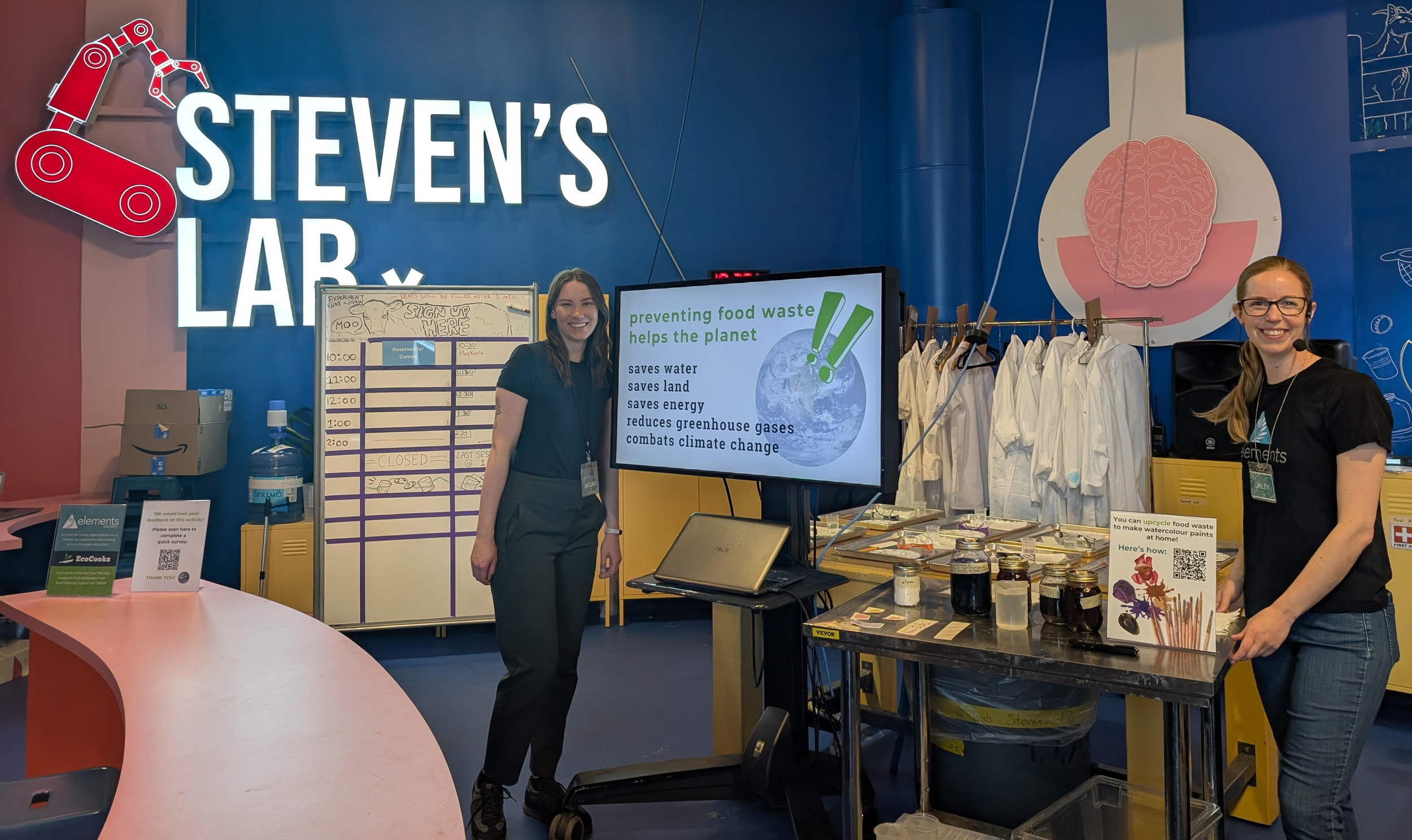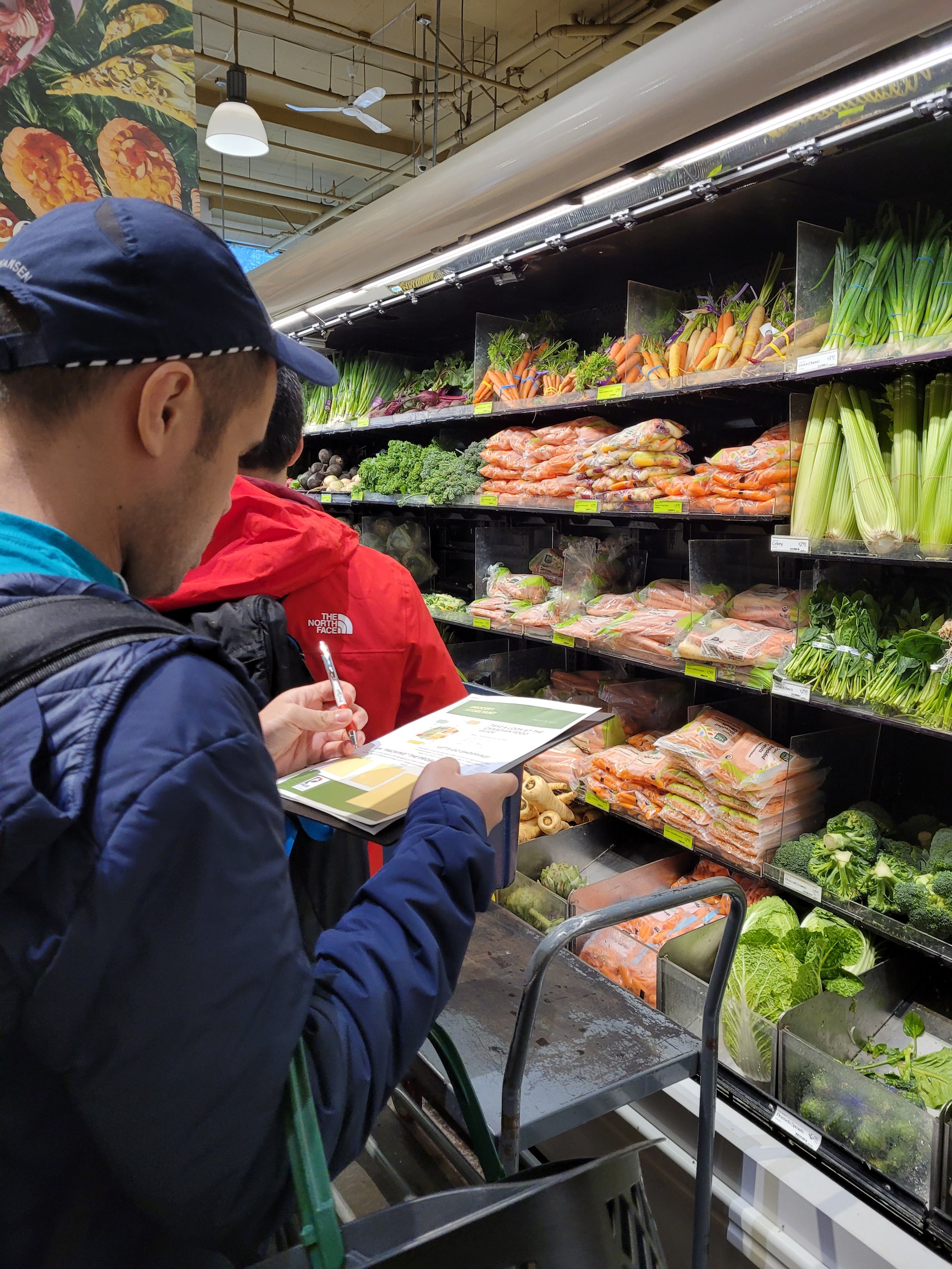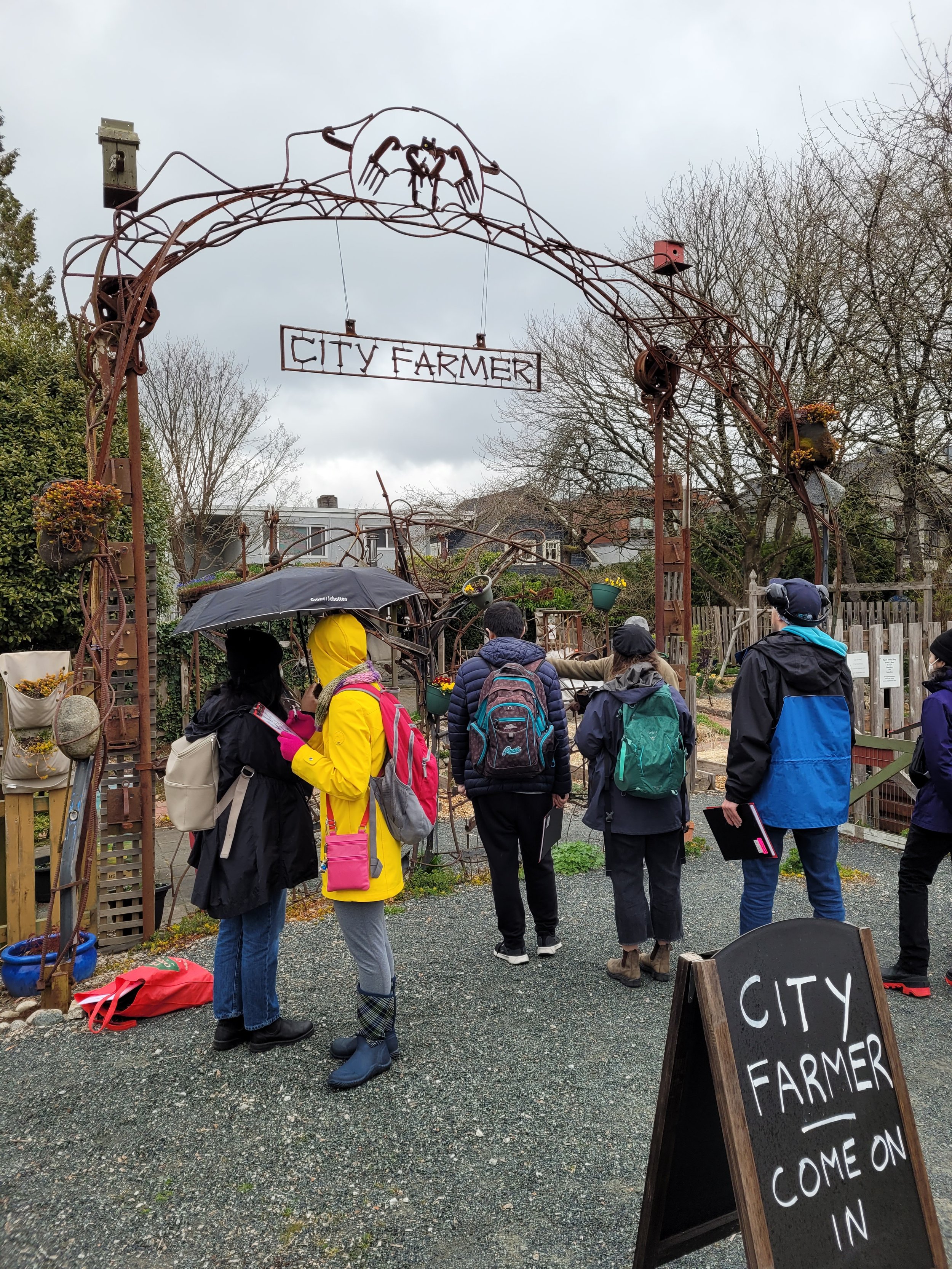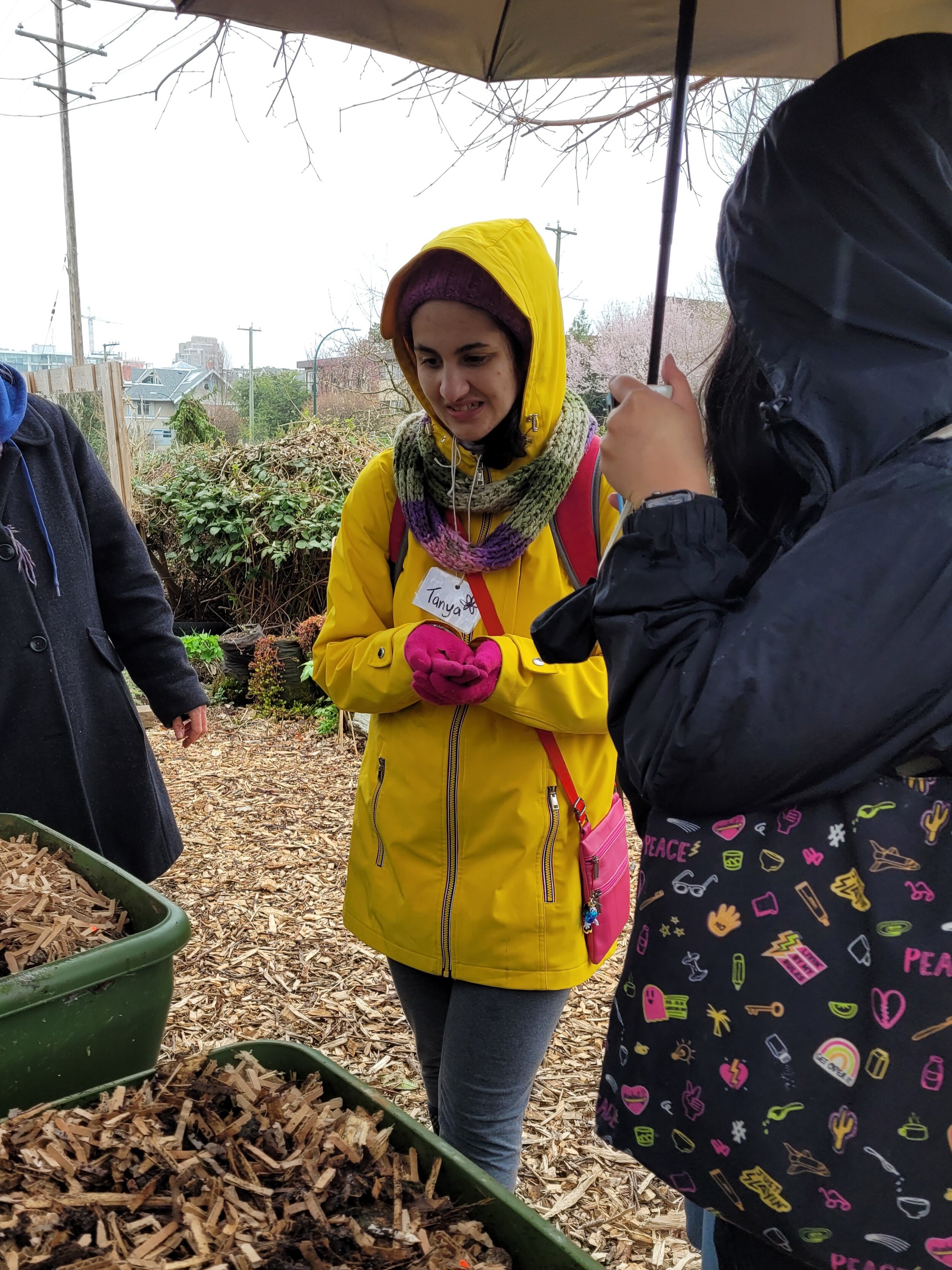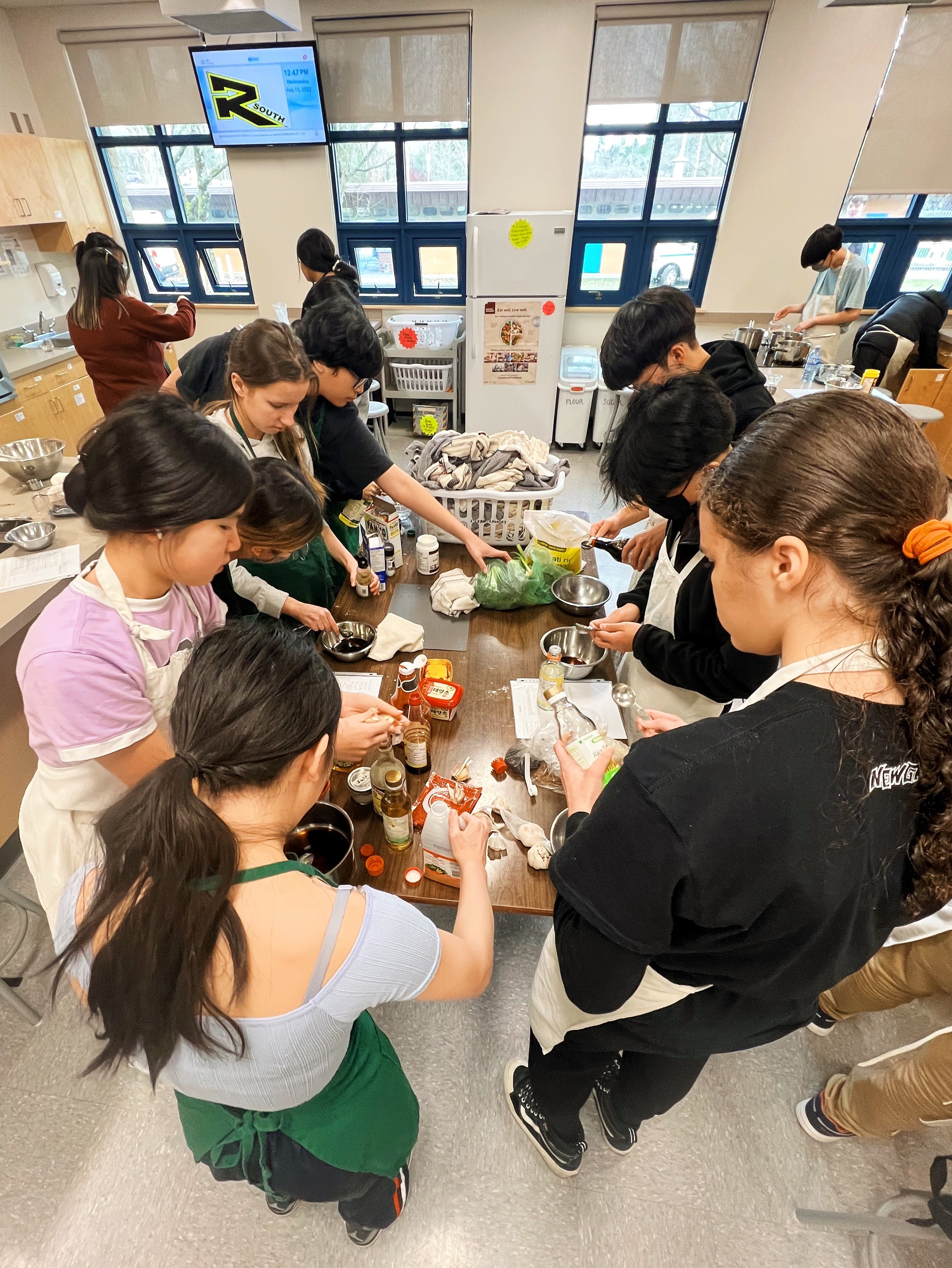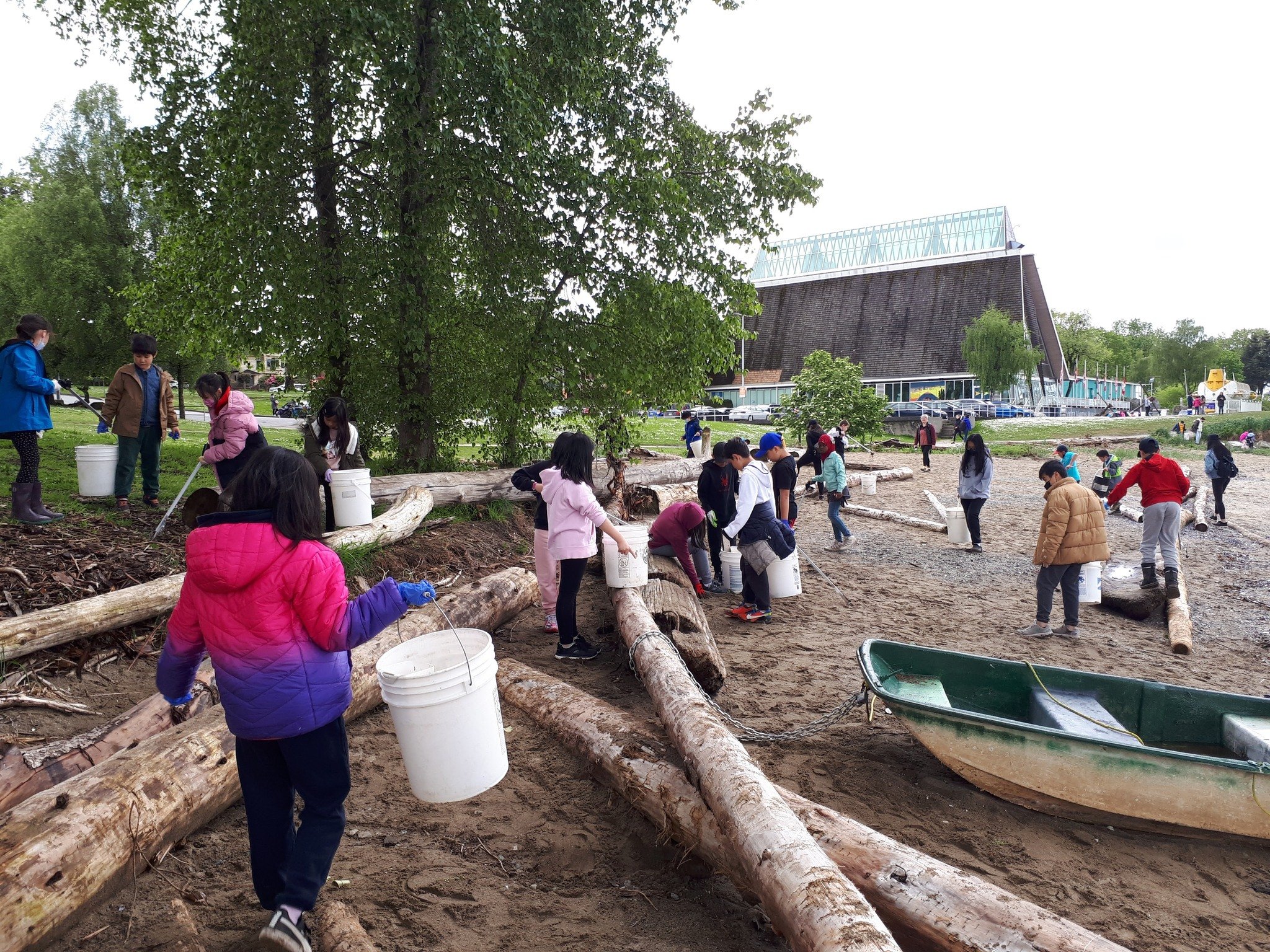By Emily Clark
One of the greatest joys in my life is reading. Each new fictional book I read holds the promise of escaping reality and transporting myself into other worlds that are seemingly less complicated than our own. Yet, within my reading collection are also non-fiction books that encourage me to delve deeper into the intricacies of our world, particularly those related to the environment. In a conscious effort to understand more about the environment, climate change, and ways that I can personally contribute to the well-being of our planet, over the past few months I have sought out books that weave together themes of climate change, Indigenous Ways of Knowing, western science and humanity’s complex relationship with the environment.
This collection of eco-literature is curated specially for you, the environmentally-conscious, green reader. May these reading recommendations captivate and inspire you while also creating a space for you to reconsider how you navigate through your own life. I hope that these books offer narratives that affirm and perhaps also challenge your perception of the world. Most importantly, may these books serve as companions as you become an increasingly aware and engaged global citizen, deepen your understanding and cultivate an intrinsic sense of responsibility towards our planet.
1. Braiding Sweetgrass by Robin Wall Kimmerer
In “Braiding Sweetgrass,” Dr. Robin Wall Kimmerer, a botanist and member of the Citizen Potawatomi Nation, weaves together Indigenous Ways of Knowing, western science knowledge, and personal stories. This is a beautifully written book that invites us to reevaluate our connection to the natural world, emphasizing reciprocity and respect for the planet and the beings that make their homes here. Dr. Kimmerer’s insights inspired me to reflect on the personal responsibility that I have to the environment and how I can embrace an increasingly sustainable way of living.
2. Finding the Mother Tree by Suzanne Simard
Suzanne Simard’s “Finding the Mother Tree” takes us deep into the forest’s heart, where trees communicate and support one another through a network of mycorrhizal fungi. Simard challenges traditional views of forests as solely collections of individual trees, instead highlighting the interconnectedness and intelligence of these truly complex ecosystems, with the matriarchal “Mother Tree” at the centre of it all. This book serves as a reminder for us to tread lightly in our lives and pay attention to all that we can learn from these more-than-human beings. As Simard shares, the planet waits patiently for us to realize the agency that these incredible beings have.
3. The Sixth Extinction by Elizabeth Kolbert
Elizabeth Kolbert’s “The Sixth Extinction” paints a picture of the ongoing biodiversity crisis. Through both research and engaging personal stories, Kolbert highlights the impact that humans have on the planet’s ecosystems and the alarming rate of species extinction spanning both past and present. This book reminds us that as humans, we hold a unique sense of power, and with this power comes responsibility. “The Sixth Extinction” serves as a call to action, urging us to reconsider the consequences of our actions and advocate for conservation efforts to preserve the richness and diversity of life on Earth.
4. Losing Earth by Nathaniel Rich
“Losing Earth” by Nathanial Rich delves into the social and political challenges surrounding climate change. Rich takes us on a journey through the 1980s when the world was on the brink of addressing climate change, but ultimately faltered. The book sheds light on missed opportunities and the complex interconnectedness of politics, industry, and environmental awareness. It serves as a cautionary tale, emphasizing the importance of global cooperation and decisive action in the face of the climate crisis. Ultimately, this book poses a question to readers, “How much value do you assign to the future?”
5. The Uninhabitable Earth by David Wallace-Wells
“The Uninhabitable Earth” by David Wallace-Wells confronted me with the harsh realities of climate change. This book felt rather heavy and at times, I even felt alarmed. However, I think that all readers should feel alarmed when reading this book as it taps into the deep-rooted fear and climate anxiety that many of us face. Wallace-Wells’ exploration of the consequences of global warming serve as a wake-up call, urging us to accept responsibility and take individual and collective action immediately. This book challenges us to proceed with courage and determination, and it is an essential read for anyone concerned about the fate of our planet.
6. The Proof is in the Plants by Simon Hill
Simon Hill’s “The Proof is in the Plants” showcases the environmental impacts of food choices, offering compelling arguments supported by scientific evidence. Hill empowers readers to make conscious decisions that not only benefit their well-being, but also contribute to the health of the planet. This book serves as a practical guide for those interested in aligning their consumption choices with the well-being of the environment. “The Proof is in the Plants” encouraged me to reflect on my personal consumption habits and ways that I can support my personal well-being while simultaneously supporting planetary health.
In the face of escalating environmental concerns, these books offer a diverse exploration of our relationship with the planet. Whether through Indigenous Ways of Knowing, scientific revelations, or compelling personal narratives, each book contributes to a broader understanding of the environmental challenges we have faced in the past, and continue to face in the present day. These books inspired me to take meaningful action in cultivating a more sustainable world in my own life, and I hope that they do the same for you. Through the narratives presented to us in eco-literature, we uncover not only the challenges but also our collective power to shape a sustainable, compassionate and hopeful future.
Of course, this list can be used as a starting point as there are countless more environmental books spanning many different genres. Which are your favourites, and which are on your TBR list? Connect with us on social media and share your thoughts.
Happy reading!


